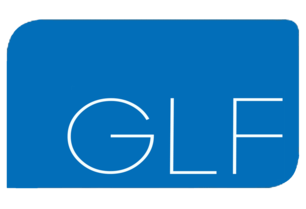Post-judgment discovery is an inexpensive tool that can lead to an eventual finding of contempt if the debtor fails to comply.
Post-judgment written discovery forces the debtor to stay active. They must answer the discovery we send. And that can lead to contempt.
Once you have obtained a judgment you are allowed to send the judgment debtor written questions known as interrogatories and demands for documents to assist you in collecting a judgment. We normally send about 90 interrogatories and about 100 requests for production as we work towards determining the actual assets of the judgment debtor.
Frequently, the judgment debtor does not fully answer these questions and request and at that point in time we proceed to motions to compel and motions for contempt.
Once we have obtained the information we need to make decisions about the correct process for collecting your judgment, we are then able to better advise you about the process that best suits your particular situation.
We often come across lawyers who do not know the rules change once a judgment has been entered. For instance, before trial you are limited as to the amount of discovery (i.e., 25 interrogatories before trial) that can be conducted. That limitation does not exist, however, when you are collecting a judgment. So our ability to use the rules to gather the information we need to collect a judgment is virtually unlimited, so long as the request is reasonably calculated to lead to information about the assets of the debtor.

